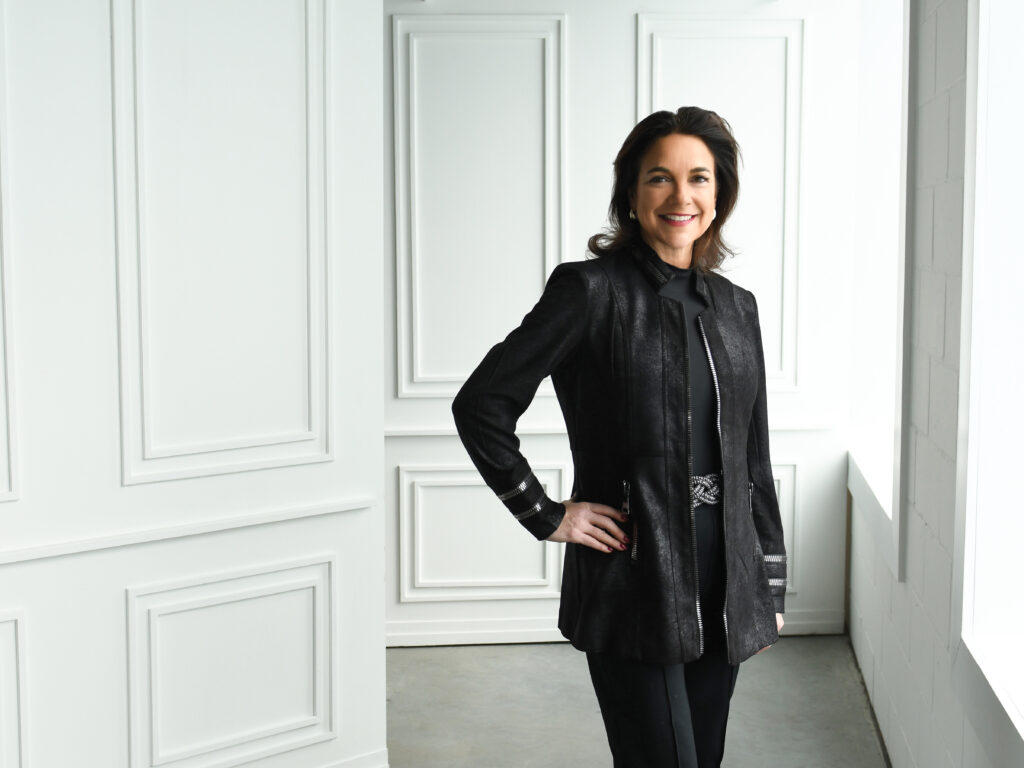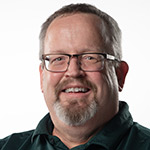Uptown Coffee Company to open second location at NewBo City Market
CBJ News Staff

Tiffany O’Donnell CREDIT KLIKS PHOTOGRAPHY
Even as a prominent local figure who’s now been named the Corridor Business Journal’s Most Influential Leader for 2024, Tiffany O’Donnell says she has never considered herself an insider.
“When I look at myself as a leader, I describe myself as an outsider on the inside,” Ms. O’Donnell said during a recent wide-ranging sit-down interview at Cedar Rapids City Hall.
Later in the same interview, Ms.…

Get immediate, unlimited access to all subscriber content and much more.
Learn more in our subscriber FAQ.
Do you want to read and share this article without a paywall?
